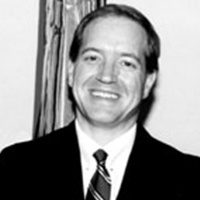College Park DUI-DWI Lawyer, Maryland
Sponsored Law Firm
-
 x
x

Click For More Info:
-
Hostage Legal Services
30 Courthouse Sq Ste 305 Rockville, MD 20850» view mapCriminal Defense Law The Experience And Insight You Need
Hostage Legal Services cares about your legal challenges. This comprehensive firm is located in Rockville, MD, and serves clients both statewide and nationally.
800-931-4481
Steven M. Jacoby
Social Security -- Disability, DUI-DWI, Criminal, Car Accident
Status: In Good Standing
FREE CONSULTATION
CONTACTErnest Gregory Lardieri
Motor Vehicle, Domestic Violence & Neglect, Misdemeanor, DUI-DWI, Administrative Law
Status: In Good Standing
FREE CONSULTATION
CONTACT Christopher Hostage Rockville, MD
Christopher Hostage Rockville, MD AboutHostage Legal Services
AboutHostage Legal Services Practice AreasExpertise
Practice AreasExpertise
